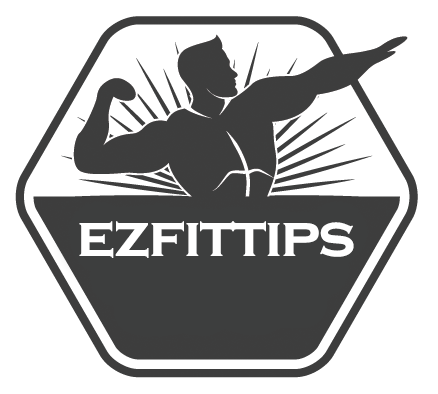Eating well is important for us all, but athletes need to take their fueling habits a step further by attaching a when to the what. This concept of nutrient timing can be the missing puzzle piece that takes you from a healthy athlete to a high-performing athlete.
Nutrient timing means consuming particular foods at specific times correlated with your training schedule.
Timing your meals and snacks to correlate with your training increases the way your body utilizes fuel to potentially benefit performance. It is a highly individualized concept aimed at matching an athlete’s food intake with performance goals, endurance, intensity, duration, daily training, long-term training, recovery and body composition.
The first step to proper nutrient timing is knowing your workout schedule and performance goals for a solid week out and then plugging in nutrition needs around that training as best you can. While it isn’t a one-size-fits-all approach, there are general guidelines and basic, well-researched concepts you can apply to your eating and training schedule to maximize your results.
Most training will benefit from an intake of 1 gram of carbohydrate per hour prior to the event per kilogram of bodyweight.
The purpose of fueling your body prior to training is to provide an energy source that is readily available throughout the effort. While your body can go into a shorter, less intense workout without extra fuel, any intense or long efforts benefits from exogenous (from an outside source) carbohydrates to top off glycogen stores. Most training benefits from an intake of 1 gram of carbohydrate per hour prior to the event per kilogram of bodyweight. For example, a 145-pound athlete should consume a meal with 132 grams of carbohydrates two hours before an event or half that if eating one hour before the event. Providing carbohydrates before a workout is increasingly important after an overnight fast or when exercise sessions are being completed within hours of each other.
- READ MORE: How Athletes Can Cut Calories the Right Way
Carbohydrates are the main source of fuel the body uses during activities at high intensities and should be prioritized over other fuel sources. Endogenous carbohydrates are the first fuel source used during exercise and have consistently been shown to benefit performance, but the body has limited stores and, as those stores are used up, performance declines.
Consuming carbohydrates during training provides a source of energy that prevents fatigue and promotes continued good performance. Timing guidelines for this are 45–60 grams of carbohydrate per hour for events lasting from 90 minutes to 3 hours. For endurance training longer than 3 hours, up to 90 grams of carbohydrate an hour can be utilized and the body benefits from a small amount of fat, protein and branched chain amino acids to assist with preventing muscle breakdown and satiety.
Nutrient timing is not limited to endurance sports. In power sports and weight training, protein ingestion before and/or during has been shown to increase anabolic gains. Although resistance training also depletes muscle glycogen, replenishing carbohydrates during training hasn’t shown to be performance enhancing.
Your training might be done, but your fueling plan isn’t. Having a recovery meal assists your body to replenish depleted glycogen and begin to rebuild damaged muscle tissues. Having a shake immediately after training is an easy way to get nutrition immediately without much additional prep or stress. Most athletes benefit from a ratio of 3 or 4 grams of carbohydrate to 1 gram of protein. Chocolate milk is a simple example of this ratio, but there are many sport blends on the market that also fit this profile. Recovery fueling becomes more crucial for athletes training high volume and high frequency. In situations of training twice or more per day, rapid refueling and rehydrating is of great importance to maintain long-term performance gains. If there is a full day or more between sessions, the body can properly recover by consuming a normal, balanced diet.
Beyond timing nutrition around workouts or races, athletes can get extremely strategic with the remaining daily food intake with strategies like spacing out protein and consuming protein before bed to potentially boost overnight muscle synthesis.
The more you can schedule your diet around your athletic goals, the more benefit you are likely to achieve. This process takes time and some trial and error to pin down exactly when your body and performance will benefit from which foods or nutrients. Implementing this type of plan not only helps achieve better performance and energy levels for each individual training session but also works to progressively boost recovery, body composition and long-term performance throughout the season. Working with an experienced sports dietitian can help develop and hone in this detailed nutrition plan.









